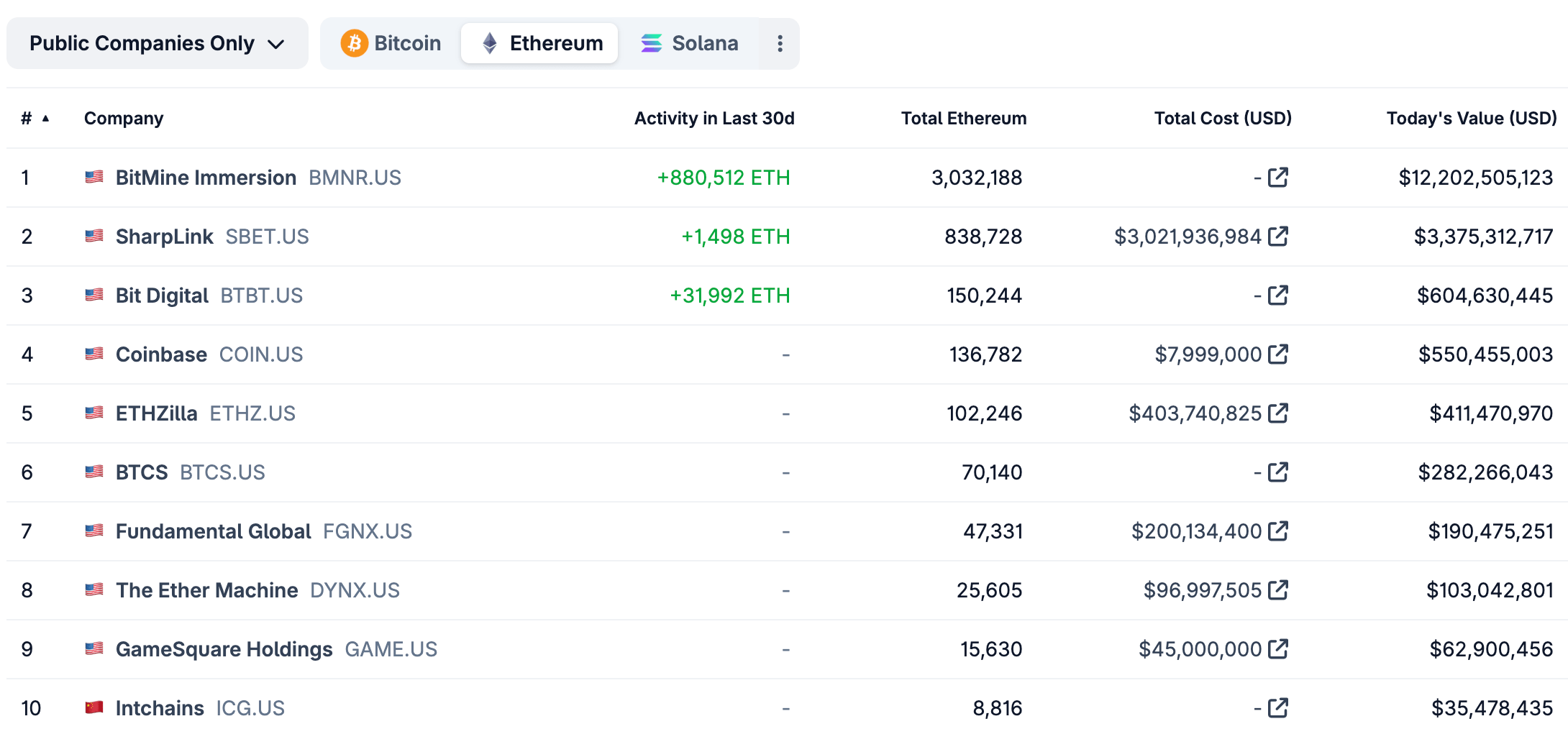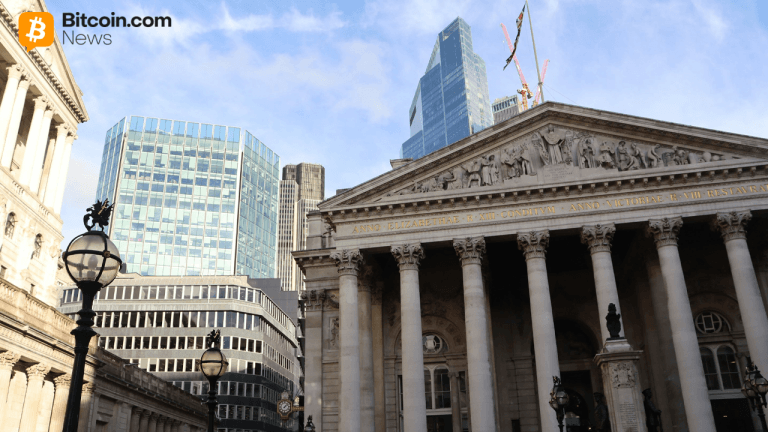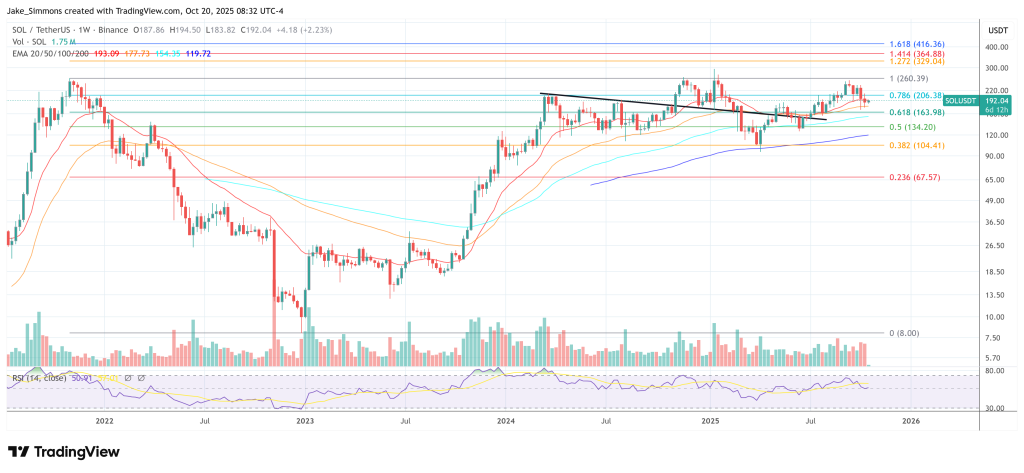Few names in the world of cryptocurrencies are as well-known as Bitcoin. Bitcoin has been a wild ride of highs and lows, attracting the attention of investors, authorities, and enthusiasts alike. Bitcoin's price has recently fluctuated significantly, prompting concerns about its stability and future prospects. This article investigates the elements that have influenced Bitcoin's recent performance and considers whether it is still a force to be reckoned with in the cryptocurrency world.
Bitcoin's Difficult Journey
The path of Bitcoin has been nothing short of extraordinary. Bitcoin has altered the norms of finance, from its humble origins as a cryptocurrency that could be mined on personal computers to the development of a worldwide cryptocurrency market worth billions. Its decentralized structure, based on blockchain technology, promised a financial revolution that would put established banking systems and monetary policy to the test.
Bitcoin's path, on the other hand, has been distinguished by significant price volatility. It had dramatic price increases, most notably in 2017 when it reached about $20,000 per Bitcoin, followed by precipitous drops. This volatility has been a feature of the bitcoin market, attracting both speculators and detractors.
Bitcoin Faces Uncertain Times as September Ends
As Bitcoin enters the last week of September, it grapples with the challenges posed by an ongoing price range and external factors impacting its direction.
The past week saw Bitcoin's price retesting the $26,000 level, reflecting a lackluster month with an uninspiring weekly close. While the cryptocurrency market has endured macroeconomic events, more tests lie ahead in September, including the release of United States GDP data and Personal Consumption Expenditures (PCE) figures.
One significant event on the horizon is a speech by Jerome Powell, Chair of the Federal Reserve, scheduled a week after the Fed's decision to maintain U.S. interest rates at elevated levels. Inflation remains a central concern, and Bitcoin continues to lack a clear trend as the weeks pass without decisive upward or downward movement.
Bitcoin's recent performance indicates that the crypto market is near two-week lows, fueling concerns among cautious analysts about potential future developments.
As September draws to a close, the cryptocurrency market remains dynamic and influenced by a variety of internal and external factors, setting the stage for potential shifts in Bitcoin's price trajectory.
October, often referred to as "Uptober" among enthusiasts, is already generating discussions about potential market gains.
Price Changes in the Recent Past
Bitcoin has just experienced another episode of price volatility. After reaching an all-time high of over $60,000 in April 2021, its price dropped, causing alarm among many investors. Factors such as Chinese governmental crackdowns, environmental worries about Bitcoin mining, and more scrutiny from banking regulators all contributed to this downward trend.
Bitcoin's price swings have followed the broader cryptocurrency market attitude. It is worth mentioning that Bitcoin is sometimes used as a barometer for the whole crypto industry. When the price of Bitcoin rises, it tends to lift the price of other cryptocurrencies, and when it falls, it can cause a market-wide correction.
Regulatory Obstacles
Regulatory ambiguity is one of the main difficulties confronting Bitcoin and the broader cryptocurrency economy. Governments and financial regulators all around the world have debated how to classify and regulate cryptocurrencies. Some countries have welcomed digital assets, while others have imposed stringent rules or outright bans.
China, for example, has tightened its grip on cryptocurrency operations, including the prohibition of Bitcoin mining and the provision of cryptocurrency-related services by financial institutions. Meanwhile, countries such as El Salvador have accepted Bitcoin as legal tender, demonstrating the global regulatory disparity.
The regulatory landscape in the United States remains fluid, with organizations such as the SEC and the IRS attempting to clarify tax and securities legislation pertaining to cryptocurrencies. The lack of a single regulatory framework might create uncertainty for crypto investors and businesses.
Concerns About the Environment
Bitcoin mining, the process of creating new Bitcoins and verifying transactions, has come under severe attention owing of its environmental impact. Bitcoin mining is based on energy-intensive computations, which are frequently carried out by mining farms outfitted with sophisticated machinery. Critics contend that mining's energy use is unsustainable and contributes to carbon emissions.
Concerns concerning the environmental sustainability of cryptocurrencies have sparked debate. Because of Bitcoin's carbon impact, several investors and institutions have been hesitant to adopt it. As a result, there is an increasing trend among cryptocurrency projects to investigate more environmentally friendly consensus techniques.
Interest from Institutions
Despite the difficulties, institutional interest in Bitcoin and cryptocurrencies is still high. Banks, investment firms, and payment processors are among the major financial organizations that have made considerable investments in digital assets. Many see the introduction of institutional actors into the bitcoin industry as a sign of its gaining credibility.
Bitcoin has been incorporated to the balance sheets of companies such as Tesla, Square, and MicroStrategy as a store of value and a hedge against inflation. Furthermore, investment instruments such as Bitcoin exchange-traded funds (ETFs) have been approved in several jurisdictions, giving traditional investors access to the cryptocurrency market.
Bitcoin as a form of digital gold
The analogy to gold is one of the arguments in favor of Bitcoin's resiliency. Bitcoin supporters frequently refer to it as "digital gold" due to its rarity and potential as a store of wealth. Bitcoin, like gold, has a finite supply cap of 21 million coins, rendering it resistant to the inflationary pressures that plague traditional fiat currencies.
This story portrays Bitcoin as a hedge against economic insecurity and currency depreciation. It has grown in popularity, particularly during periods of economic instability, drawing investors looking for an alternative asset class with the potential for long-term growth.
The Bitcoin Road Ahead
Despite considerable barriers such as regulatory challenges, environmental concerns, and price swings, Bitcoin continues to be a powerful presence in the cryptocurrency scene. Its qualities of decentralization, security, and wealth storage continue to entice investors and institutions.
Bitcoin's future path will most likely be determined by various factors, including:
- Regulatory Clarity: The cryptocurrency industry would benefit from clear and consistent regulatory frameworks around the world, which might give investors and businesses more confidence.
- Continuous development and innovation in blockchain technology may address some of the environmental challenges related with Bitcoin mining while enhancing scalability and efficiency.
- Maturity of the market: As the cryptocurrency market matures, it may become less prone to excessive price volatility, attracting a larger spectrum of investors.
- Institutional Adoption: Continued attention and investment from institutional entities may promote market stability and credibility.
Conclusion
In conclusion, despite its ups and downs, Bitcoin remains a durable and influential force in the world of cryptocurrencies. Its status as a digital store of value and a pioneer in decentralized finance positions it for long-term viability. The cryptocurrency landscape, on the other hand, is dynamic, and Bitcoin's long-term success will be determined by its capacity to adapt to developing problems and grab opportunities in a quickly changing financial world.
This article was written by Pedro Ferreira at www.financemagnates.com.
You can get bonuses upto $100 FREE BONUS when you:
💰 Install these recommended apps:
💲 SocialGood - 100% Crypto Back on Everyday Shopping
💲 xPortal - The DeFi For The Next Billion
💲 CryptoTab Browser - Lightweight, fast, and ready to mine!
💰 Register on these recommended exchanges:
🟡 Binance🟡 Bitfinex🟡 Bitmart🟡 Bittrex🟡 Bitget
🟡 CoinEx🟡 Crypto.com🟡 Gate.io🟡 Huobi🟡 Kucoin.




















Comments